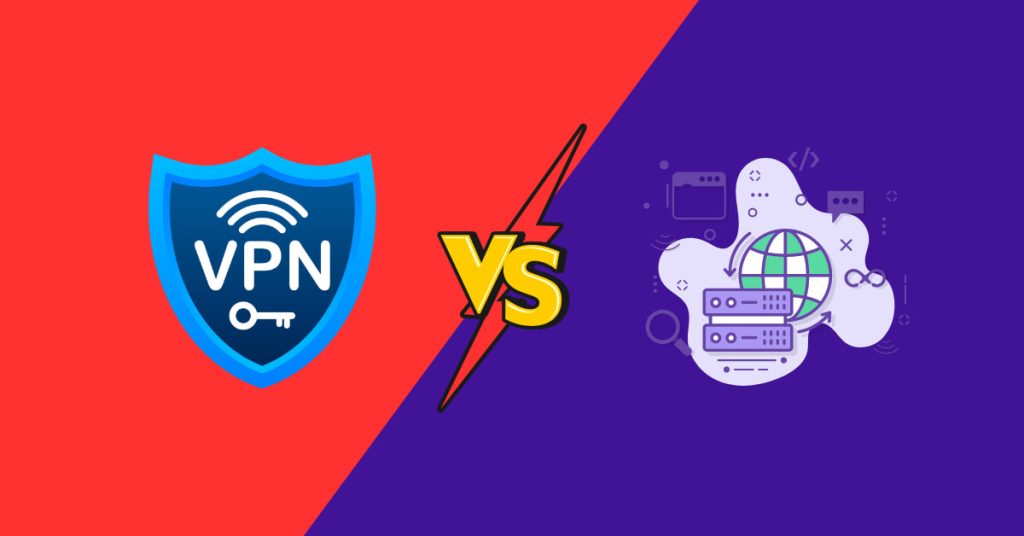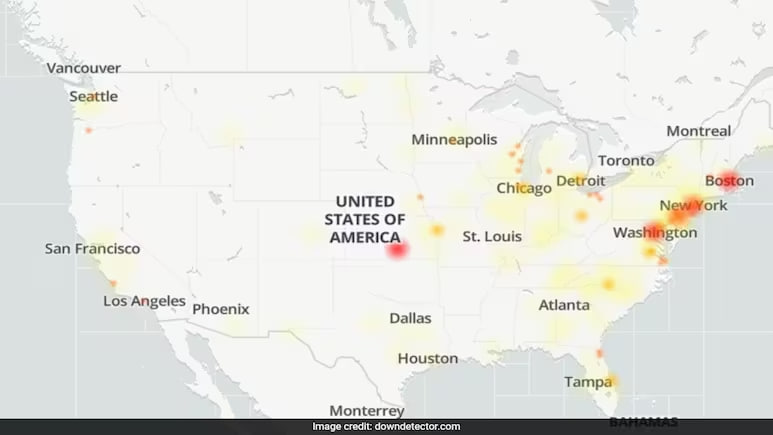When it comes to improving online privacy and accessing geo-restricted content, two popular tools often come to mind: VPNs (Virtual Private Networks) and proxies. Both serve as intermediaries in your internet connection, helping to mask your IP address and location from websites, internet service providers (ISPs), and other prying eyes. But which one is better for handling website traffic? Let’s break down the features, benefits, and ideal use cases of both to determine the best method for your needs.
1. What is a VPN?
A VPN is a service that creates a secure, encrypted tunnel between your device and a server operated by the VPN provider. All your internet traffic is routed through this tunnel, which means everything you do online is encrypted, making it virtually impossible for anyone on the same network to eavesdrop on your activities. Additionally, since your real IP address is replaced with one from the VPN server, your actual location is masked.
2. What is a Proxy?
A proxy server acts as a gateway between you and the internet. It’s an intermediary server separating end users from the websites they browse. Proxy servers provide varying levels of functionality, security, and privacy depending on your use case, needs, and company policy. When you use a proxy, your internet traffic is routed through the proxy server first, and then to the website. However, unlike VPNs, most proxies do not encrypt your traffic.
Comparing VPNs and Proxies
1. Privacy and Security
VPN: Offers strong encryption, which secures your entire internet connection. This is particularly useful if you’re using public Wi-Fi networks.
Proxy: Generally, does not encrypt your traffic, which makes it less secure. It’s suitable for bypassing content filters or masking your IP address for low-stake tasks.
2. Speed and Performance
VPN: Since VPNs encrypt your data, they might slow down your connection more than proxies. However, many premium VPN services invest in high-speed servers to minimize this impact.
Proxy: Tends to be faster than VPNs since there’s no encryption involved. However, the speed can vary widely based on the type of proxy and its configuration.
3. Use Cases
VPN: Ideal for users concerned with privacy and security. Suitable for securely accessing sensitive information, streaming geo-restricted content, and safe browsing on insecure networks.
Proxy: Best for basic purposes like accessing geo-blocked websites or hiding your IP address for tasks that do not involve sensitive data.
4. Cost
VPN: Generally requires a subscription fee, which can range from a few dollars to around $10 per month, depending on the service.
Proxy: Many proxy services are available for free, but paid versions are also available, usually at a lower cost than VPNs.
5. Ease of Use
VPN: Typically easy to set up; most providers offer user-friendly apps that connect you to a VPN with just a couple of clicks.
Proxy: Setup can be more complex, especially if configuring proxy settings directly in your browser or on a network.
The choice between a VPN and a proxy largely depends on what you prioritize: complete privacy and security or speed and simplicity for specific tasks. If you’re handling sensitive data or frequently use public Wi-Fi networks, a VPN is undoubtedly the better choice because of its robust encryption and comprehensive protection. However, if you’re simply trying to bypass content restrictions and are not concerned with privacy, a proxy might be sufficient and more cost-effective.
Ultimately, understanding your needs and the specific characteristics of each tool will guide you in making the best choice for managing your website traffic securely and efficiently.






